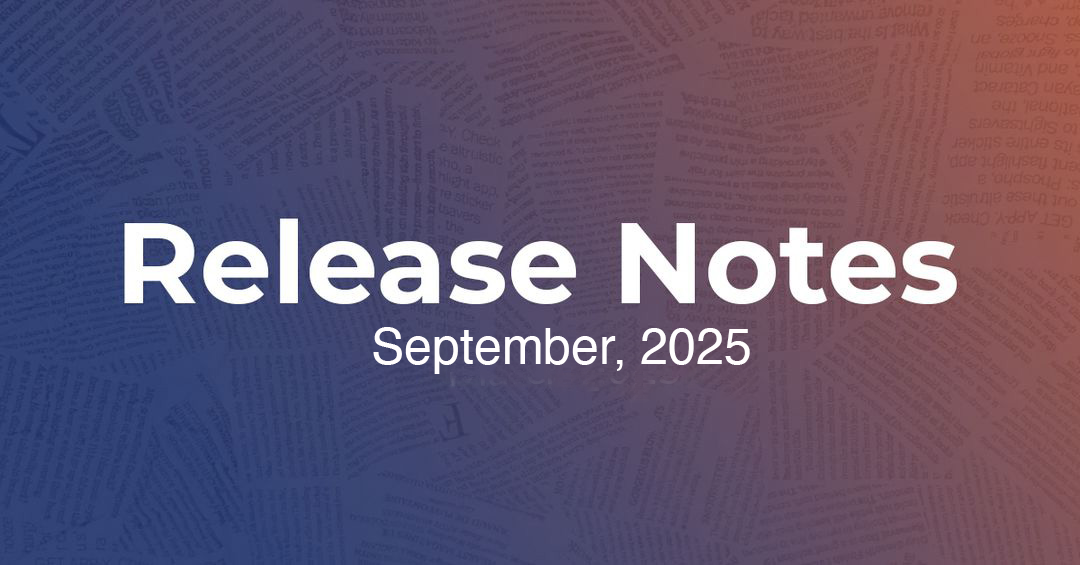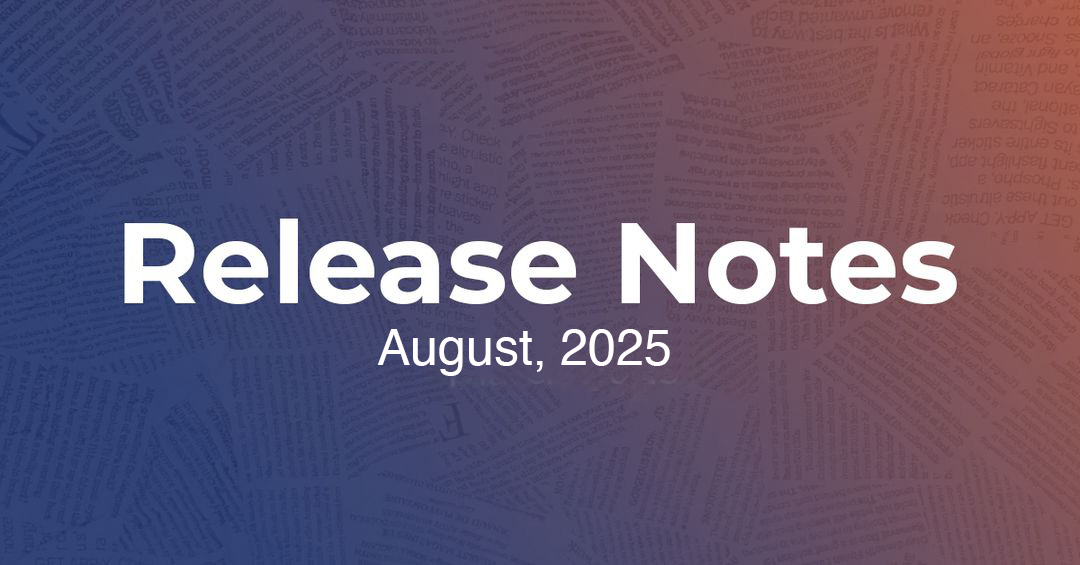In the rapidly evolving field of healthcare, the roles and responsibilities of medical professionals are continuously shifting. The need for adaptive, forward-thinking leaders has never been more critical. Navigating this landscape requires not just clinical expertise but also a robust understanding of organizational dynamics, leadership skills, and the ability to manage crises effectively. Lee Scheinbart, MD, CPE, FAAPL, Chief Health Affairs Officer for the Burrell College of Osteopathic Medicine, offers invaluable insights into these areas drawn from his extensive experience in the field.
From Serendipity to Medical Epiphany
Dr. Scheinbart's journey into medicine wasn't planned from childhood. Raised by a medical technologist mother, Dr. Scheinbart was more interested in liberal arts and humanities during his initial academic years, with aspirations of entering diplomatic affairs. However, a serendipitous revelation occurred during a college conversation with a friend preparing for medical school. This moment of inspiration led him down the medical path, beginning his medical education at The Ohio State University.
Initially, Dr. Scheinbart's medical interests were broad; he enjoyed Family Medicine and Cardiology. However, the pull toward Hematology-Oncology grew stronger through his residency and was influenced by the mentorship of key figures at the University of Florida. This specialty allowed him to delve into complex patient care scenarios, aligning perfectly with his intellectual curiosity and patience.
The Power of Mentorship in Medicine
Mentorship is a recurring theme in Dr. Scheinbart's narrative. He emphasizes that mentorship transcends mere professional advice; it is a relationship centered on personal well-being and growth. Distinguishing between coaches, sponsors, and mentors, he articulates that a true mentor is invested in your holistic development:
"A coach is someone who will give you 10,000 hours of their time so that you have 10,000 hours to perfect hitting the ball... A sponsor is someone who will talk about you when you're not in the room, promote you, elevate you... But a mentor is really special. A mentor, their whole focus is your wellbeing."
For medical students and young professionals, finding a diverse set of mentors—akin to forming a 'personal board of directors'—is essential. This approach ensures broader perspectives and balanced guidance, helping to avoid the tunnel vision that can come from a single viewpoint.
From Physician to Physician Leader: A Journey of Transformation
Dr. Scheinbart's transition from practicing physician to physician leader was not an overnight decision but a process shaped by evolving healthcare landscapes and his own professional experiences. Early in his career, he took on administrative roles within his multi-specialty practice, which later escalated to executive positions. Understanding the intricacies and burdens of the healthcare system during the rise of electronic health records (EHRs) and other digital tools was crucial to his leadership development.
He stresses that leadership in healthcare extends beyond managing clinical practices; it includes a comprehensive understanding of structural financial arrangements and the ability to align one's work with the broader mission of the organization.
Leadership During Crisis: Lessons from COVID-19
The COVID-19 pandemic beautifully illustrates the essence of true leadership, as Dr. Scheinbart recounts:
"I was wearing scrubs. I hadn't shaved in days. I had my white coat over my scrubs so I could go make rounds and see how people were doing. I was hunched over the keyboard. I was slumped. And you would have thought I was burnt out, crispy, stick a fork in him. He's done. It's over. And they brought me lunch, which was this terribly soggy, mushy sandwich in a styrofoam box... But at that moment, I had another light bulb. This is the coolest thing I'll ever do in my entire career. Face a new disease, helping my community and lead in the efforts to shift what needed to get done."
The key to navigating these uncertainties was focusing on what was "absolutely necessary." By eliminating non-essential tasks and zeroing in on immediate needs and solutions, he and his team were able to remain effective and efficient.

Strategies for Effective Leadership in Healthcare
Dr. Scheinbart’s journey thus far has led him to many effective strategies for healthcare leadership. Here are five:
- Develop a Personal Board of Directors: Cultivate relationships with trusted advisors from various fields to ensure well-rounded guidance and support.
- Prioritize Leadership Development: Organizations must invest in their leaders, providing executive coaching and fostering leadership skills within healthcare teams.
- Eliminate Non-Essential Tasks: Consistently evaluate workloads and remove unnecessary tasks, especially during crises, to focus on impactful actions.
- Foster a Culture of Voice and Loyalty: Create avenues for positive change and nurturing environments where loyalty is rewarded, reducing burnout and enhancing workforce stability.
- Invest in Understanding Healthcare Finances: Knowledge of healthcare's financial complexities empowers emerging leaders to navigate and influence their organizations effectively.
Unlocking and Unleashing Potential
Dr. Scheinbart's philosophy has evolved into an ethos of unlocking and unleashing potential. His upcoming book aims to demystify healthcare's financial complexities for emerging leaders, empowering them with the knowledge to navigate and influence their organizations effectively.
"I think there's a tremendous number of physicians who want to take leadership roles. They just don't even know where to start."
Conclusion: The Path Forward
The future of healthcare leadership lies in a balanced approach that marries clinical excellence with robust management skills. Through mentorship, continued leadership development, focused task management, and strategic application of frameworks in healthcare organizations can build resilient and committed teams.
Dr. Scheinbart's insights and experiences shed light on the path forward, blending practical wisdom with innovative strategies to navigate the complexities of modern healthcare. As he aptly puts it, "The journey to becoming an effective healthcare leader is continuous, requiring constant learning, adaptability, and a profound commitment to both personal and organizational growth."

.svg)


.jpg)




